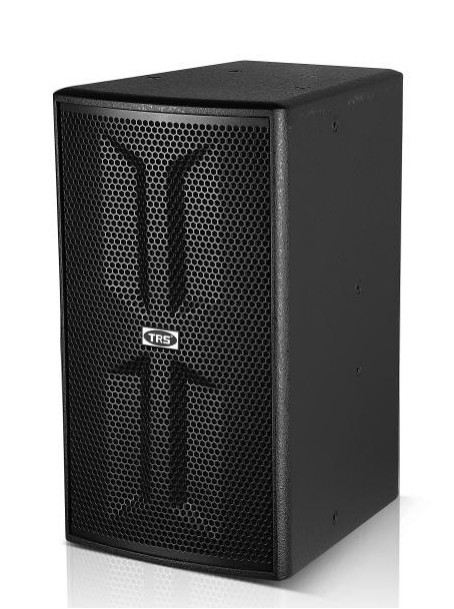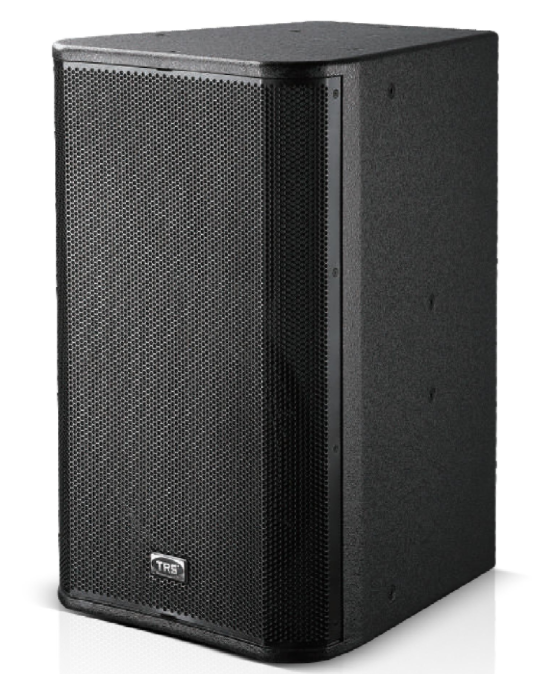Low frequency response plays an important role in audio systems. It determines the response ability of the audio system to low-frequency signals, that is, the frequency range and loudness performance of the low-frequency signals that can be replayed.
The wider the range of low-frequency response, the better the audio system can restore the low-frequency audio signal, thereby creating a richer, more realistic, and moving music experience. At the same time, the balance of low-frequency response directly affects the listening experience of music. If the low-frequency response is unbalanced, distortion or distortion can occur, making the music sound disharmonious and unnatural.
Therefore, when choosing a sound system, it is necessary to consider the performance of low-frequency response to ensure that clear and moving music effects can be obtained.
The larger the speaker, the better, the better it is.
The larger the speaker of the speaker, the more natural and deep bass can be obtained by replaying the sound, but it does not necessarily mean that the effect is better. For a home environment, a large speaker is completely unusable, just like holding an AWM sniper gun in a small alley and fighting with human flesh, far less effective than a lightweight, sharp dagger.
Many large speakers sacrifice their frequency response range in pursuit of higher sound pressure (saving money), with playback frequencies no less than 40Hz (the lower the playback frequency, the higher the requirements for amplifier power and high current control, and the higher the cost), which cannot meet the standards for home theater use.
Therefore, when choosing a speaker, it is necessary to choose a suitable speaker based on one’s actual needs and environmental conditions.
The relationship between speaker size and sound quality is closely related.
The larger the size of the horn, the larger its diaphragm area, which can better diffuse sound waves and make the sound effect wider and softer. A small horn, on the other hand, produces a sharper sound effect because the diaphragm area is small and the diffusion ability is not as good as a large horn, making it difficult to produce a soft sound effect.
The size of the speaker also affects the frequency response of the audio system. Generally speaking, large speakers have better bass effects and can produce stronger low-frequency effects, while small speakers perform well in high pitched areas, producing sharper high-frequency effects.
However, when choosing a speaker, size is not the only factor to consider. It is also necessary to comprehensively consider other basic parameters of the audio equipment, such as power, response frequency, impedance, etc., in order to make the sound performance of the speaker more perfect.
QS-12 350W Two-way Full Range Speaker
Post time: Nov-29-2023


